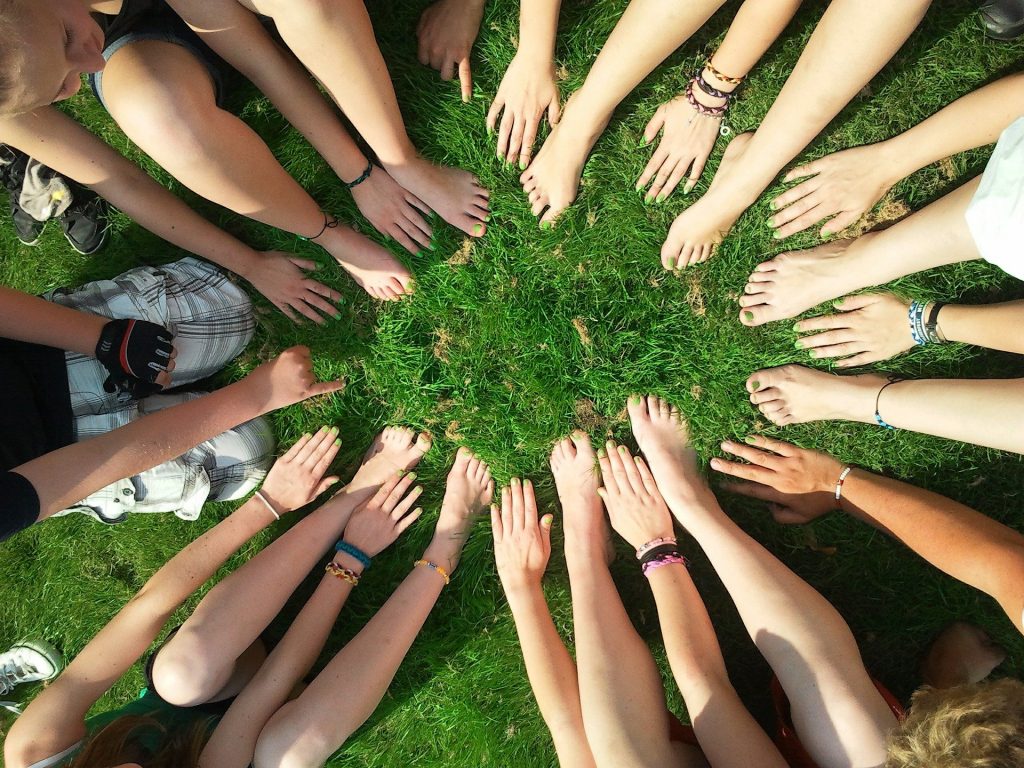Well-being and development of adolescents with different trajectories of adversity and recovery: personal, family and social challenges.

Reference: PSI2015-67757-R
Principal Investigator (PI): María del Carmen Moreno Rodríguez and Maite Román Rodríguez
This dual-aspect project addresses, on the one hand, recovery after early adversity and developmental processes, lifestyles and parenting contexts on the other. It is based on a large sample of adolescents with initial negative life experiences requiring protective measures. In Spain, an adoption boom facilitated this process with thousands of international adoptees reaching adolescence. Coinciding in time was the demand for research into this special developmental phase.
The project focuses on the family microsystem (not forsaking school and peer microsystems). It uses a longitudinal design for the intensive analysis of slightly more than 100 subjects studied during two prior R+D projects. At that time, the children were between 4 and 8 years of age for the initial data collection, between 8 and 13 for the second, and between 14 and 18 at the time of this study.
The sample included three subgroups: teens internationally adopted, in residential care in Spain and in a comparison group. Physical and neuropsychological developments were analyzed, together with executive function and cognitive development, emotional development (emphasizing the assessment of attachment), psychological adjustment and peer group integration. Likewise, parents and caregivers were analyzed for their attachment history, reflective capacity as parents or caregivers, cohesion and adaptability, stress levels and coping styles when facing interactions and conflicts.
This project also is connected with the international project Health Behaviour in School-aged Children, sponsored by the WHO. In Spain, this project works on a sample representative population 30,000 subjects between 11 and 18 years of age. From among this large sample, some 400 adopted children—relevant for this project—have been accessed. The data collected includes habits and lifestyles (diet, physical activity, sleep habits, risk behaviors, etc.), characteristics of the contexts in which they were growing up, and the relationships establish (mainly family, but also their peers and school context) in addition to information about their psychological adjustment. The subjects of the longitudinal study were also analyzed with these measures.
This project facilitates synergy between two lines of research and two consolidated teams, as it sees the analysis and characterization of recovery trajectories in adolescence as the main challenge. Similarly, its implications for the social transfer of knowledge, especially in terms of decision making in the field of family intervention and child protection are of utmost importance.
Type: Research Project
Program funded by: R+D+I Projects
Funding source: Ministry of Economy and Competitiveness
Scope: National
Competitive Summons: Yes
Start Date: 01/01/2016
End Date: 31/12/2019